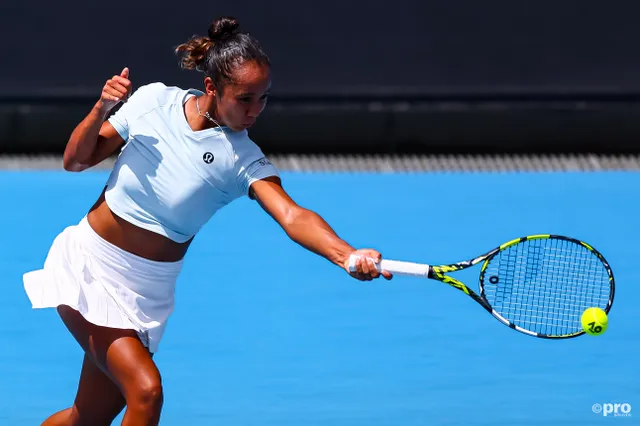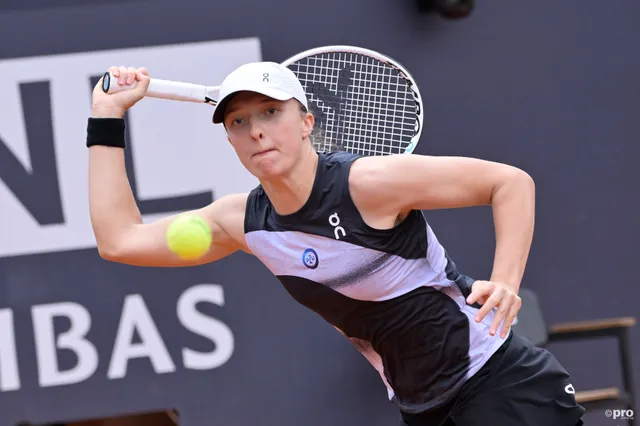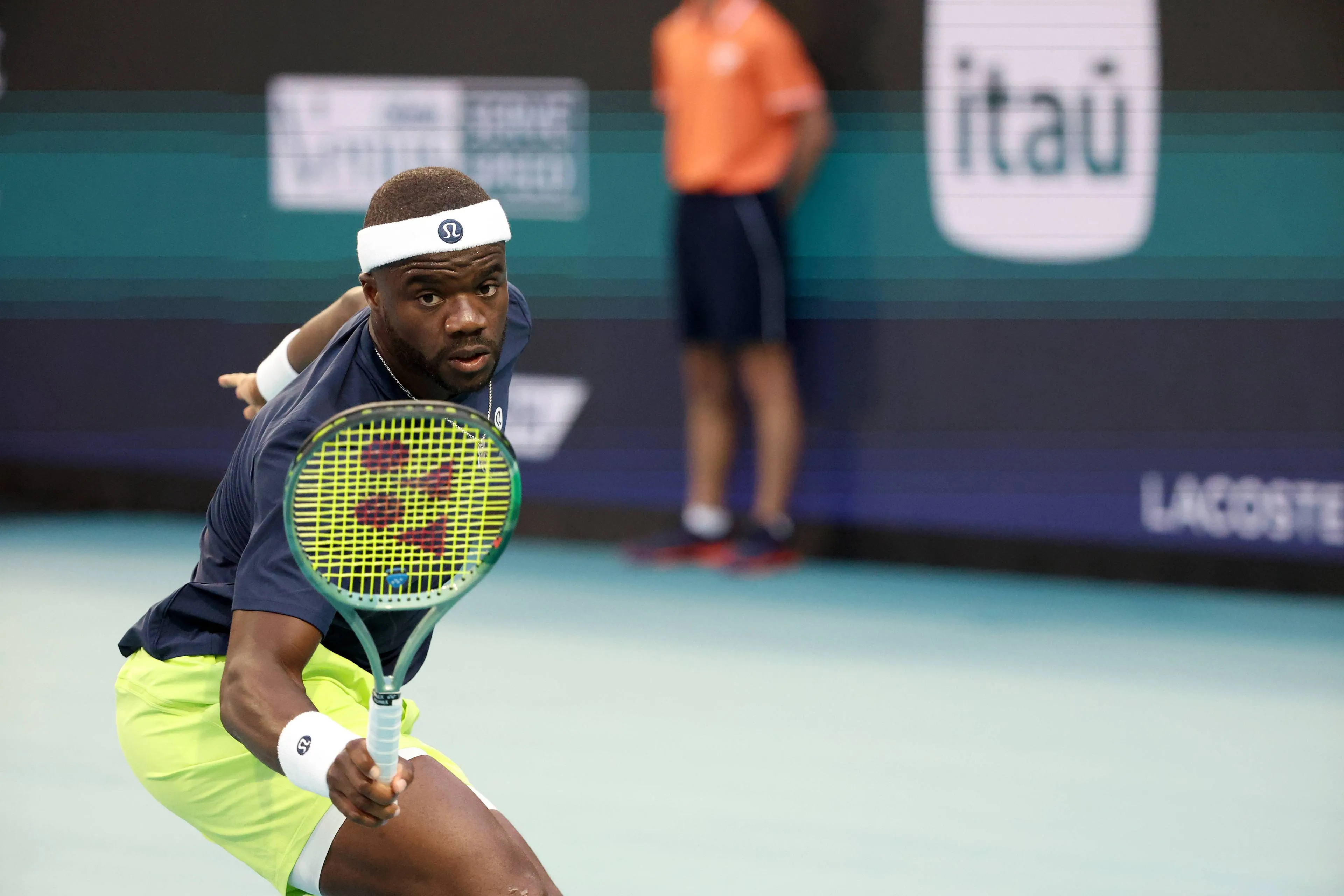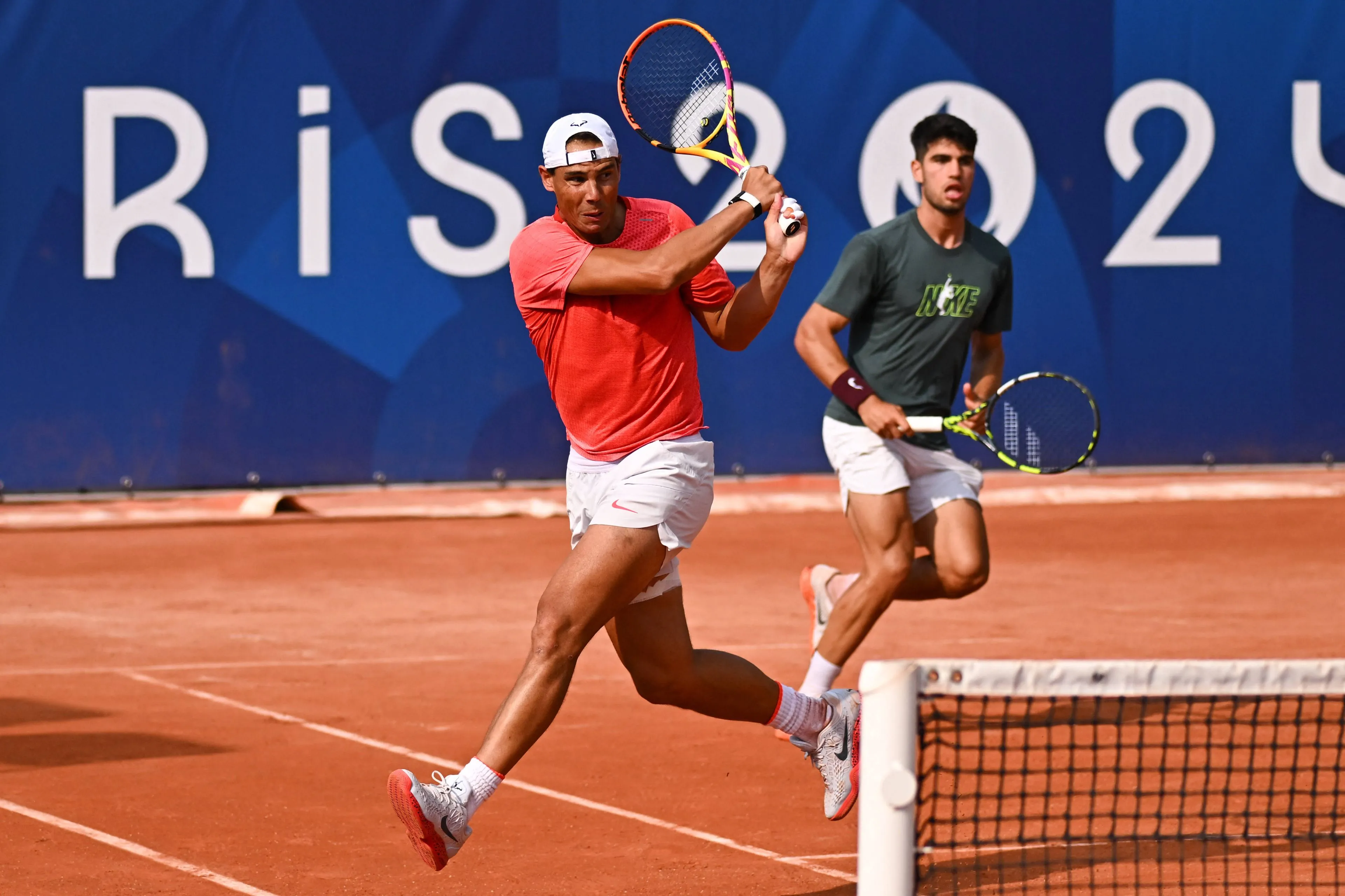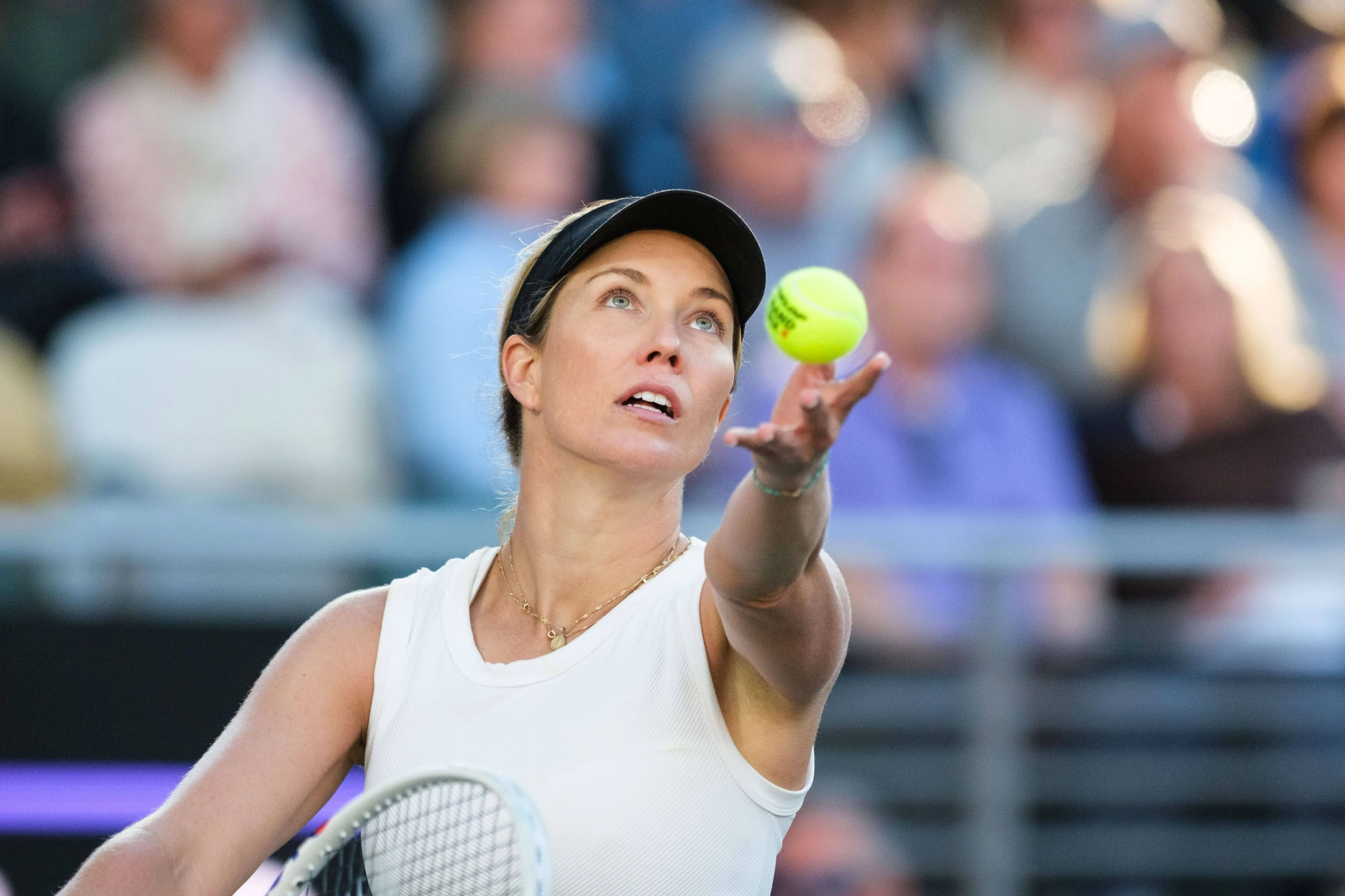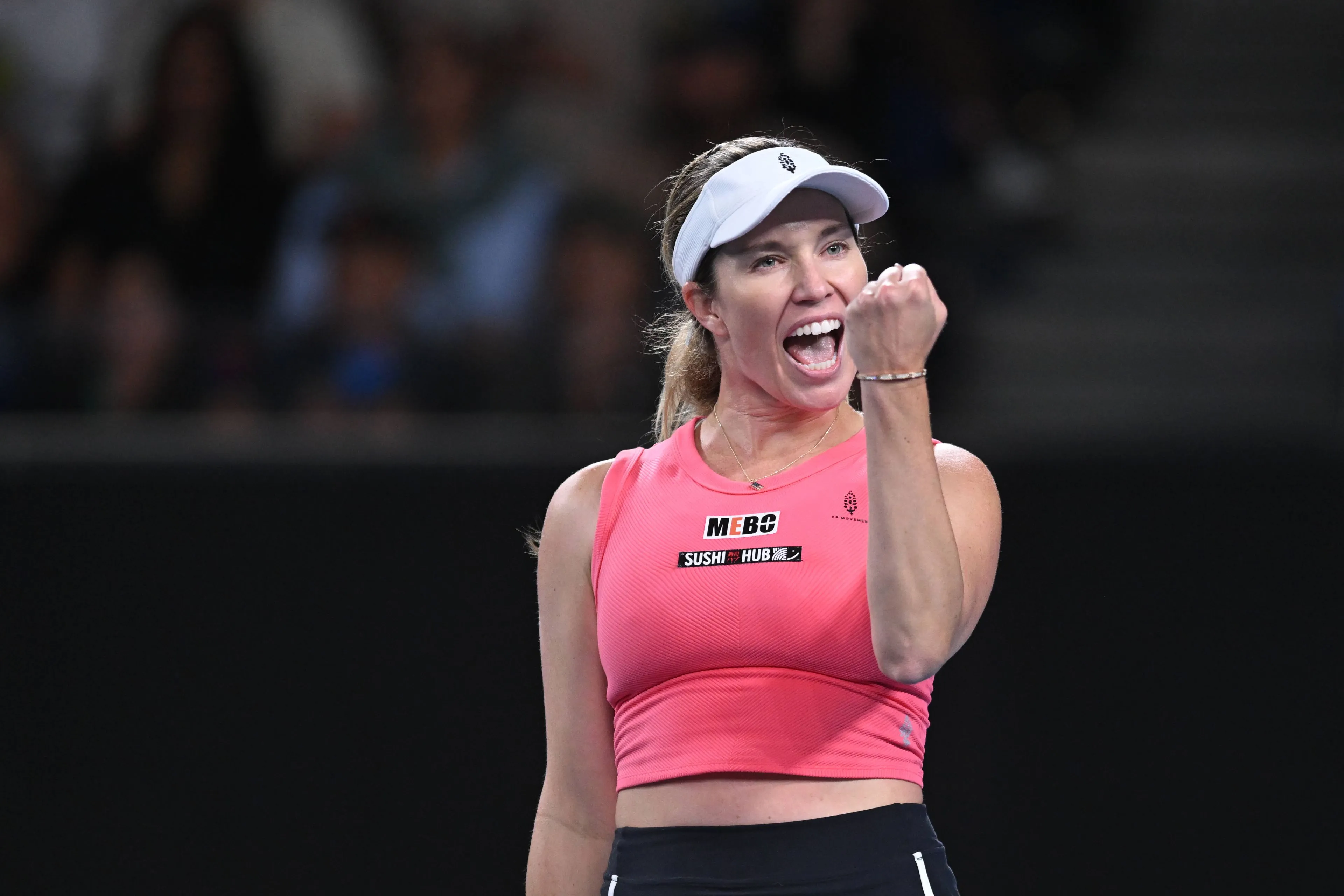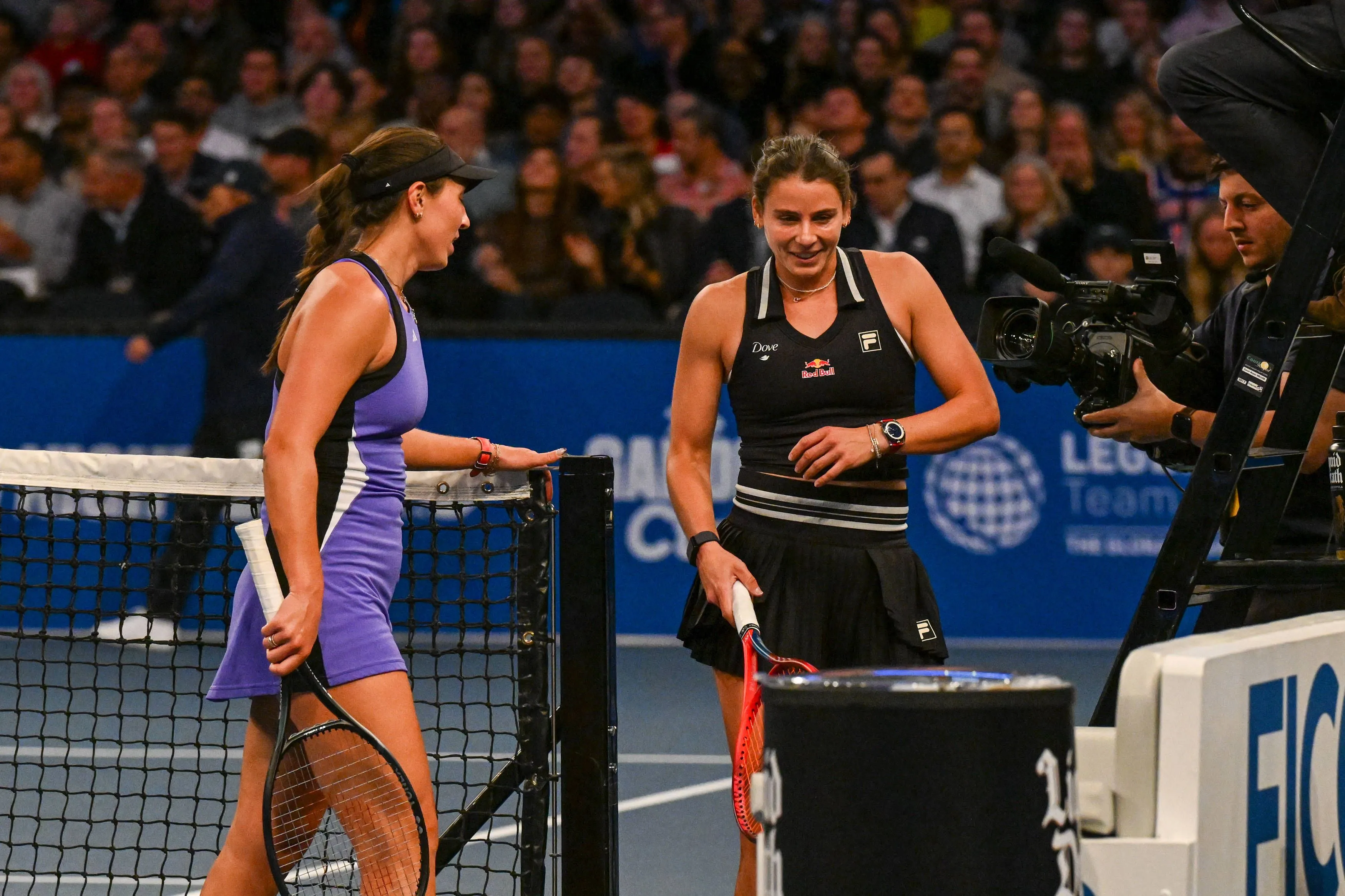"You have to keep the fan's attention": Can shorter sets attract younger viewers to tennis?
Tennis News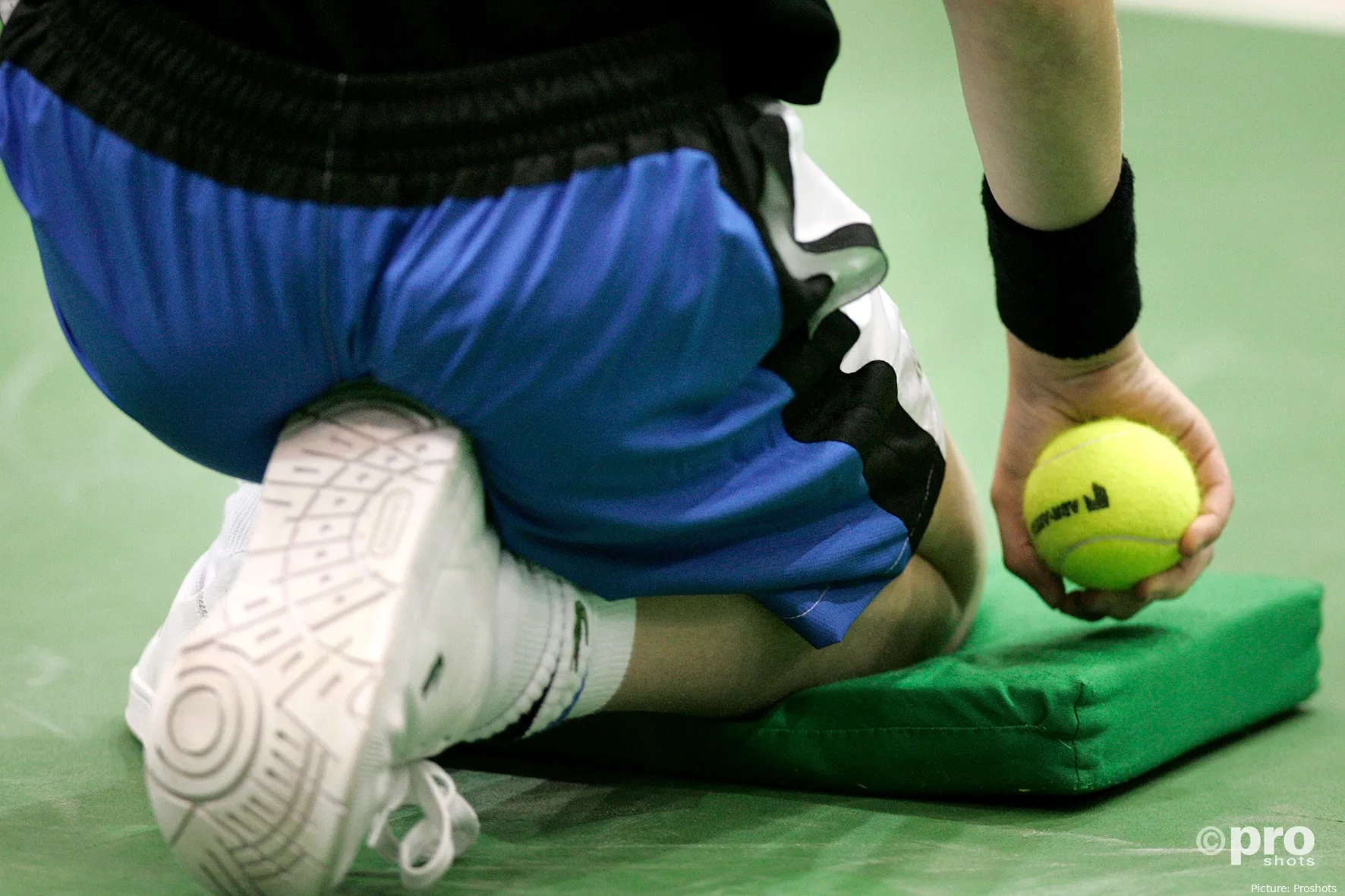
Dick Norman, tournament director for the ongoing European Open in Antwerp, recently shared his thoughts on how to attract younger viewers to tennis and how the sport may have to move with the times to keep them engaged.
In the past, viewers would sit for hours in front of their television screens to watch some of the greatest (and longest) matches in tennis history. These included Roger Federer and Rafael Nadal's historic battle in the 2008 Wimbledon final, as well as Nadal's clash with Novak Djokovic in the final of the 2012 Australian Open, which became the longest Grand Slam final in history after it lasted an incredible five hours and 53 minutes.
However, research now suggests that younger viewers are not tuning in to watch matches anymore. Therefore, Norman and Belgian former tennis player Filip Dewulf recently addressed how to attract a younger generation in the era of TikTok and short-form media.
Shorter sets could solve engagement problem
In a recent episode of the Tennis Flanders podcast "Dubbelspel", Norman and Dewulf shared their thoughts on how best to resolve this issue and suggested some pretty major format changes.
"According to research by the ATP, it is only the older generation that comes to tournaments and watches full matches on television. Young people, on the other hand, watch summaries via multiple screens.
"Just think of sets of 4 games instead of 6, Tie Break Tens (in which only tiebreaks are played) and tennis with assignments where you get extra points when you play with serve and volley, for example", Dewulf said before adding that the better the players get, the longer the matches will be, using the 2023 Cincinnati Masters clash between Djokovic and Carlos Alcaraz as an example.
"One of the difficulties is that the players are getting better physically, so the matches just last longer. The final in Cincinnati this year to two sets lasted almost 4 hours," he continued.
Norman and Dewulf then went on to suggest that shorter matches could make the sport more "exciting" but also pointed out a disadvantage to the format change.
"You have to keep the fan's attention. Shorter matches could be a solution," Norman said.
"You could say that shorter sets immediately make it exciting. Players must then be there from ball one.
"The other side of the coin is that the top players, who benefit from longer, tough matches, will not automatically make it to the final phase of tournaments. Something that tournament directors would rather not see," Dewulf added.
Just In
Popular News
Latest Comments
- Can anybody like Navarro? Most unlikeable player on the top-30. Come on Amanda!
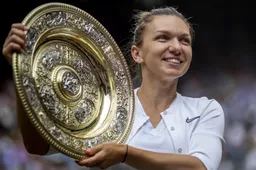 TeamHalep2404-04-2025
TeamHalep2404-04-2025 - Haha i love Dasha
 TeamHalep2403-04-2025
TeamHalep2403-04-2025 - Think it's a foregone conclusion.SakkariFan2302-04-2025
- Think the breakthrough is coming!SakkariFan2302-04-2025
- It's not fair that Del Potro hasn't won couple more Grand Slams
 TeamHalep2431-03-2025
TeamHalep2431-03-2025 - Safin broke like a thousand racquets and retired before he was 30, he can teach Rublev a few things haha.
 TeamHalep2430-03-2025
TeamHalep2430-03-2025 - if Eala improves the power of her shots, she can dream about big titles
 TeamHalep2430-03-2025
TeamHalep2430-03-2025 - Consistent with what she have expressed before Would be nice to see more players with the guts to give their real opinions and not just be politically correct
 TeamHalep2430-03-2025
TeamHalep2430-03-2025 - Why Miami has no roof? One of the tournaments with the most money, by now all Masters tournaments should require a roof on the main stadium
 TeamHalep2430-03-2025
TeamHalep2430-03-2025 - Nole is the GOAT
 TeamHalep2430-03-2025
TeamHalep2430-03-2025
